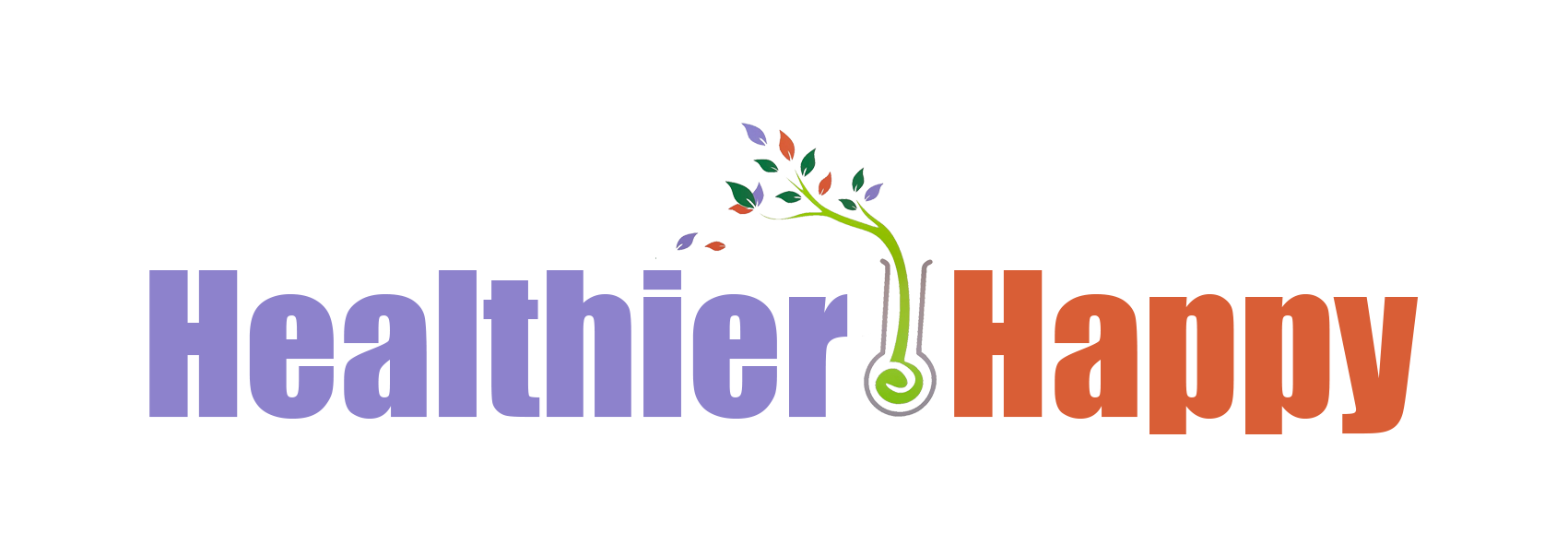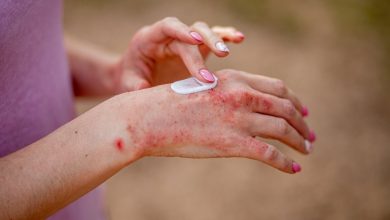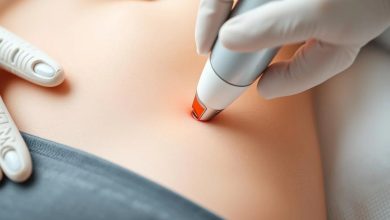How does outpatient treatment for substance abuse function?

Outpatient substance abuse treatment Orange County offers serious treatment without disrupting people’s daily lives. Daily routines continue. Jobs stay intact. Families remain accessible. Yet structured support for recovery happens consistently. Therapy, medical checks, education, skill practice. All woven into schedules flexible enough to work around existing commitments. Intensity scales up or down, matching what someone needs, from a few hours weekly to almost full days. The pieces fit together, tackling physical health, mental patterns, and social connections damaged by addiction.
Individual counselling sessions
Private therapy anchors most recovery programs. Licensed professionals dig into what triggers substance use, build new coping tools, and explore underlying wounds feeding addictive behaviour. Weekly or biweekly meetings are standard, though frequency shifts based on how intensive treatment runs and how someone progresses. Generic approaches don’t cut it. Therapists customize methods fitting specific circumstances each person brings. One-on-one space allows discussing things that are too raw or embarrassing for group exposure. Counselors spotlight thought loops driving people toward substances, then construct healthier mental pathways. Cognitive behavioural work, motivational conversations, trauma-sensitive methods. Whatever fits gets deployed. Progress gets tracked constantly. Treatment plans morph as recovery moves forward or fresh obstacles pop up, requiring different strategies.
Group therapy formats
Peer connections through group meetings deliver something solo therapy can’t touch. Sharing stories, setbacks, and wins with others fighting similar battles creates bonds and perspective. Six to twelve people typically, multiple weekly sessions, trained facilitators keeping things productive. That shared struggle cuts through the loneliness recovery often brings. Groups are split into different flavours serving specific functions. Process groups dive into emotions and how people relate. Psychoeducational sessions teach addiction mechanics, health damage, and recovery science. Skills groups practice concrete techniques like managing stress or communicating clearly. Specialized versions address mental health complications, gender issues, particular drug types. Watching others navigate problems you’re facing often hits harder than clinical lectures. Real people solving real problems beat abstract advice.
Medical monitoring services
Healthcare pros track physical condition throughout the journey. Initial checkups reveal medical messes caused by substance use that need immediate attention. Regular appointments monitor vital signs, medication performance, and general wellness. Medical supervision keeps people safe while fixing health problems that could otherwise sabotage recovery. Certain substances might require medications. Medication reduces withdrawal misery and cravings. Destructed substances are detected by liver and nutritional tests. In order to ensure that nothing is missed, coordinate with your regular doctor. Preventing major crises or relapses requires early recognition of emerging issues.
Family involvement programs
Addiction doesn’t just wreck one person. Entire families absorb the impact. Programs often run sessions teaching relatives about addiction science, recovery mechanics, and effective versus harmful support approaches. Families are helped to understand previously meaningless behaviors by educating them. Substance abuse causes breakdowns in communication and relationship dynamics. In spite of the fact that supportive relatives need not participate, studies show that they lead to better outcomes when they do. Some places run separate groups just for family members processing their own trauma and confusion from watching someone they love battle addiction.
A typical outpatient program includes individual, group, medical, and family therapy as part of the package. Integration across these elements hits recovery from multiple angles simultaneously. Flexibility lets people grab serious clinical help while keeping jobs, family duties, and community ties alive. The multi-pronged attack handles immediate substance issues plus deeper contributing factors, laying groundwork for recovery that lasts beyond program exit dates.




